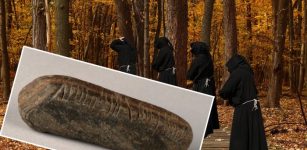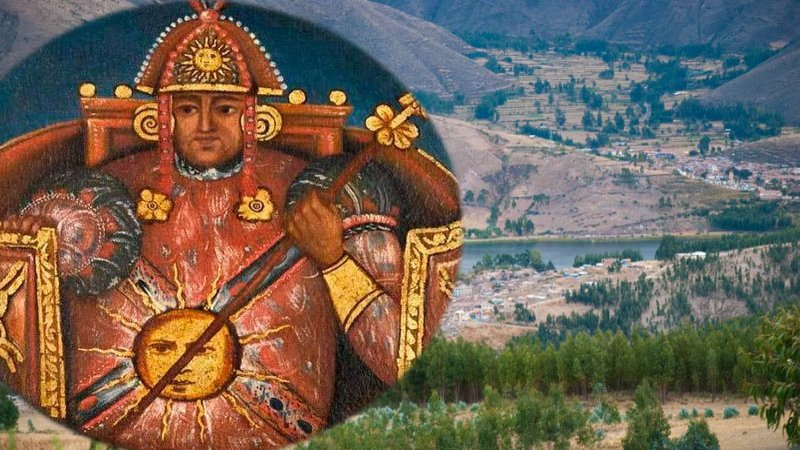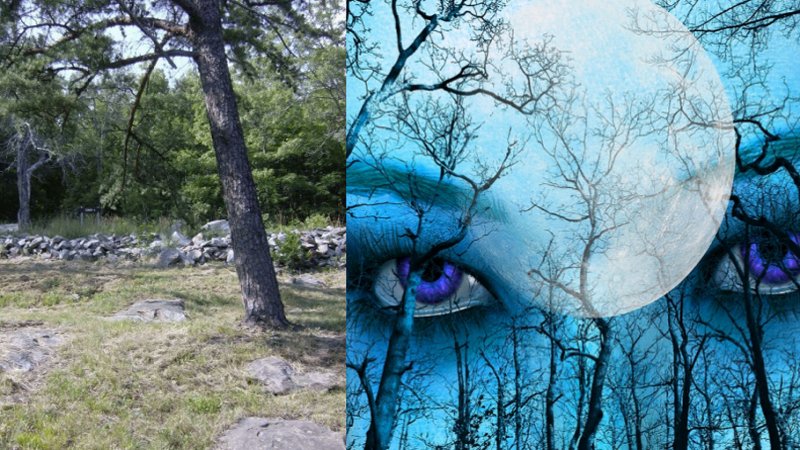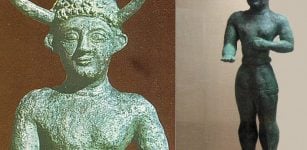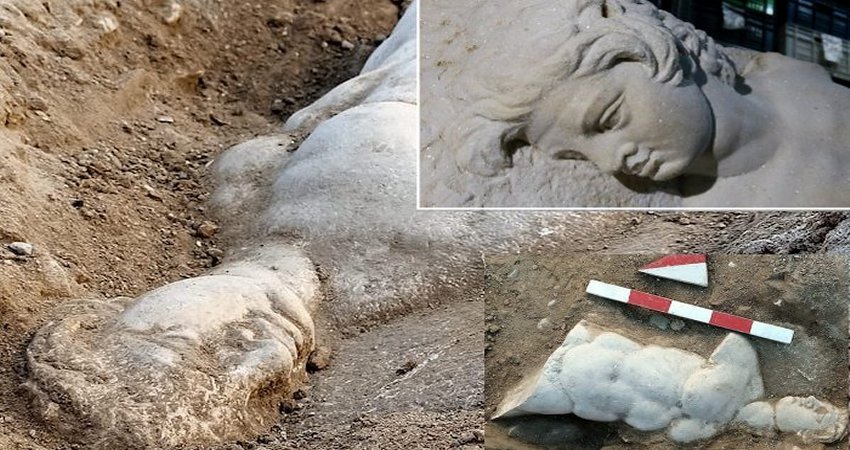Ancient Intriguing Sao People: “Men From Another Time” – One Of The Oldest Civilizations Of Central Africa
MessageToEagle.com – The Sao people – means “the men from another time” are an intriguing and one of the oldest civilizations of Central Africa.
An ancient civilization was developed by the Sao people in the region of Southeast of Lake Chad, located in the far west of Chad and the northeast of Nigeria.
The Sao civilization is identified by its use of stone and bone implements and construction of walled cities.
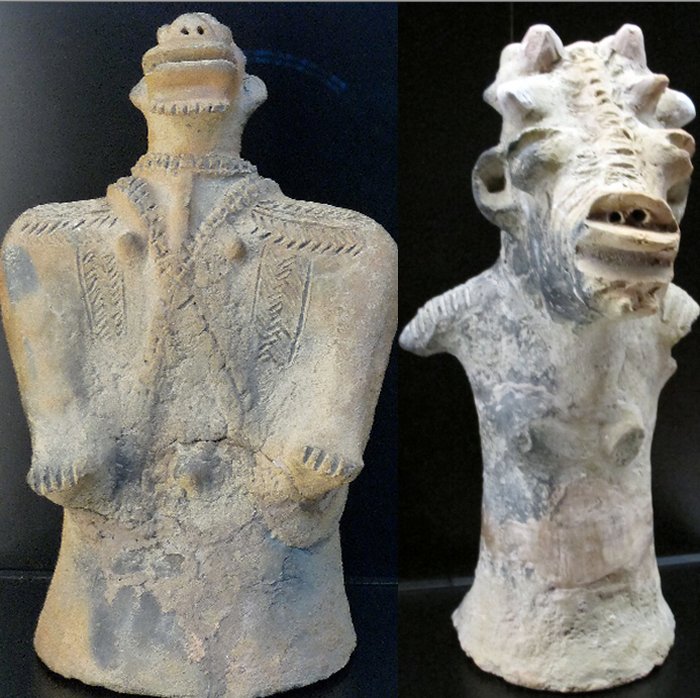
This civilization flourished in Middle Africa from ca. the sixth century BC to as late as the sixteenth century AD. The Sao lived by the Chari River south of Lake Chad in territory that later became part of Cameroon and Chad.
They are the earliest people to have left clear traces of their presence in the territory of modern Cameroon.
According to a Toubou tradition, the Sao originally come from a region about 500 kilometers north of Lake Chad. In the 7th century, they lived in the Bilma, Tadjeré and Fatchi oases.
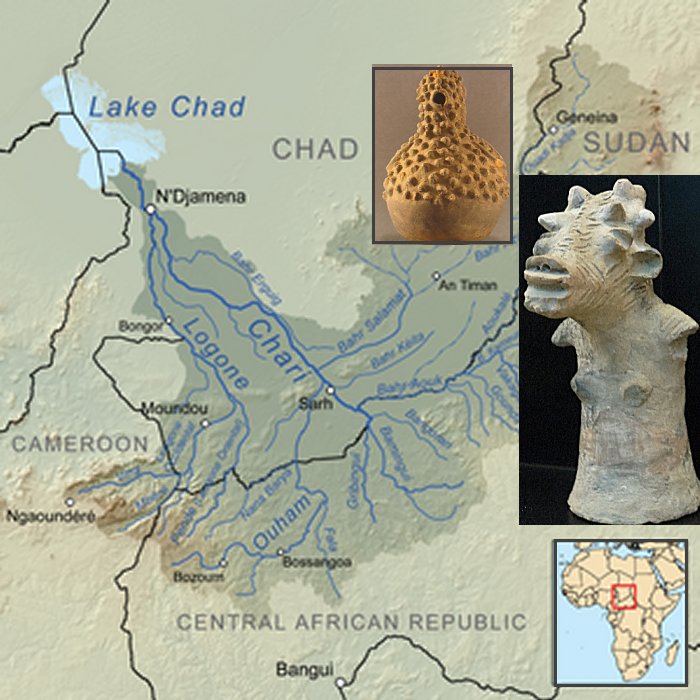
In the 11th century, the Sao, who were great architects, built large cities surrounded by dry earth walls complete with fortifications and ramparts.
See also:
Africa’s Secrets: Unsolved Mystery Of Gedi Ruins Protected By The ‘Old Ones’ – Why Did People Leave?
Sometime around the 16th century, conversion to Islam changed the cultural identity of the former Sao but they still claim descent from the civilization of the Sao.
Studying the Sao’s legacy, researchers discovered that these people buried their dead.
Tombs have been found, grouped in vast necropolis some of which had three, even four levels. The oldest of these tombs were simple pits where the corpse would be laid down on its back, the head resting on a kind of dried clay pillow.
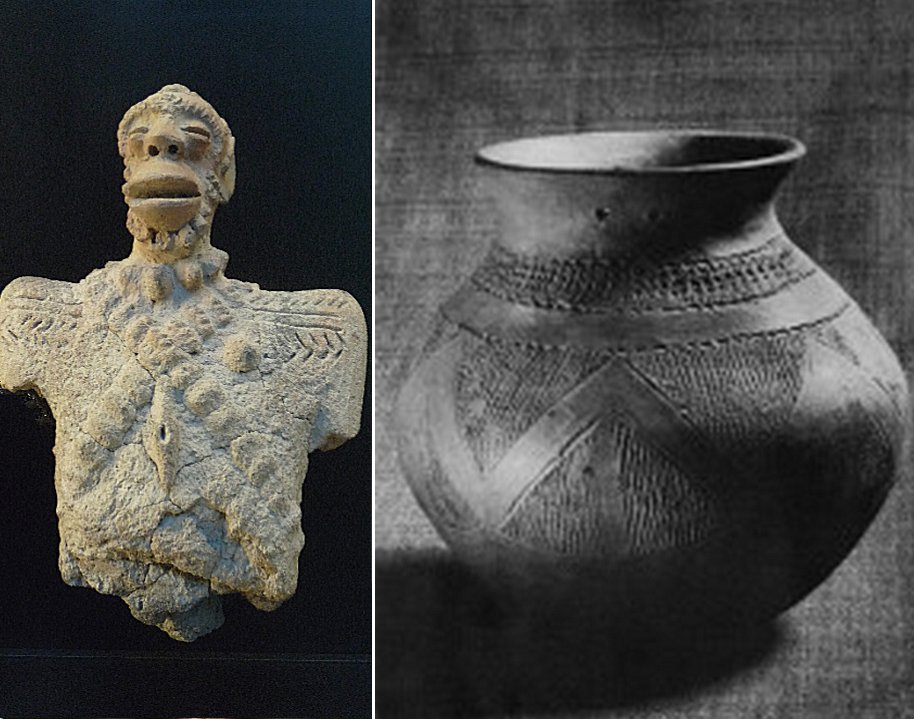
The Sao people developed a remarkable pottery especially large terra cotta earthenware jars, entirely or partially decorated with a herringbone pattern over which sexual motifs were added.
A smaller earthenware jar, in which the deceased would be placed in the fetal position, was closed either by another jar of the same size placed upside down over the opening, or more frequently by a smaller ovoid pot.
This Sao tradition of placing of the corpse in a jar dates from the 12th and 13th centuries. Beginning in the 15th century, this type of burial would start to be abandoned in favor of a simple burial.
See also:
Mysterious African Grebo Masks With Tubular Multiple Eyes
African Stonehenge – Extraordinary Stone Circles Of Senegambia – Who Were Their Unknown Builders?
Classically Sao, are also the culture’s terracotta animalistic and anthropomorphic sculptures representing the legacy that best attest to their civilization.
These intriguing figures – often associated with funerals – were discovered in the Sao’s sanctuaries and other places of offering.
Little is known about the Sao’s culture or political organization because they left no written records and are known from oral traditions of the Sao, and through archaeological discoveries. Sao artifacts show that they were skilled workers in bronze, copper, and iron.
Finds include bronze sculptures and terra cotta statues of human and animal figures, coins, funerary urns, household utensils, jewelry, highly decorated pottery, and spears.
The largest Sao archaeological finds have been made south of Lake Chad.
MessageToEagle.com
Source: Memoiredafrique


